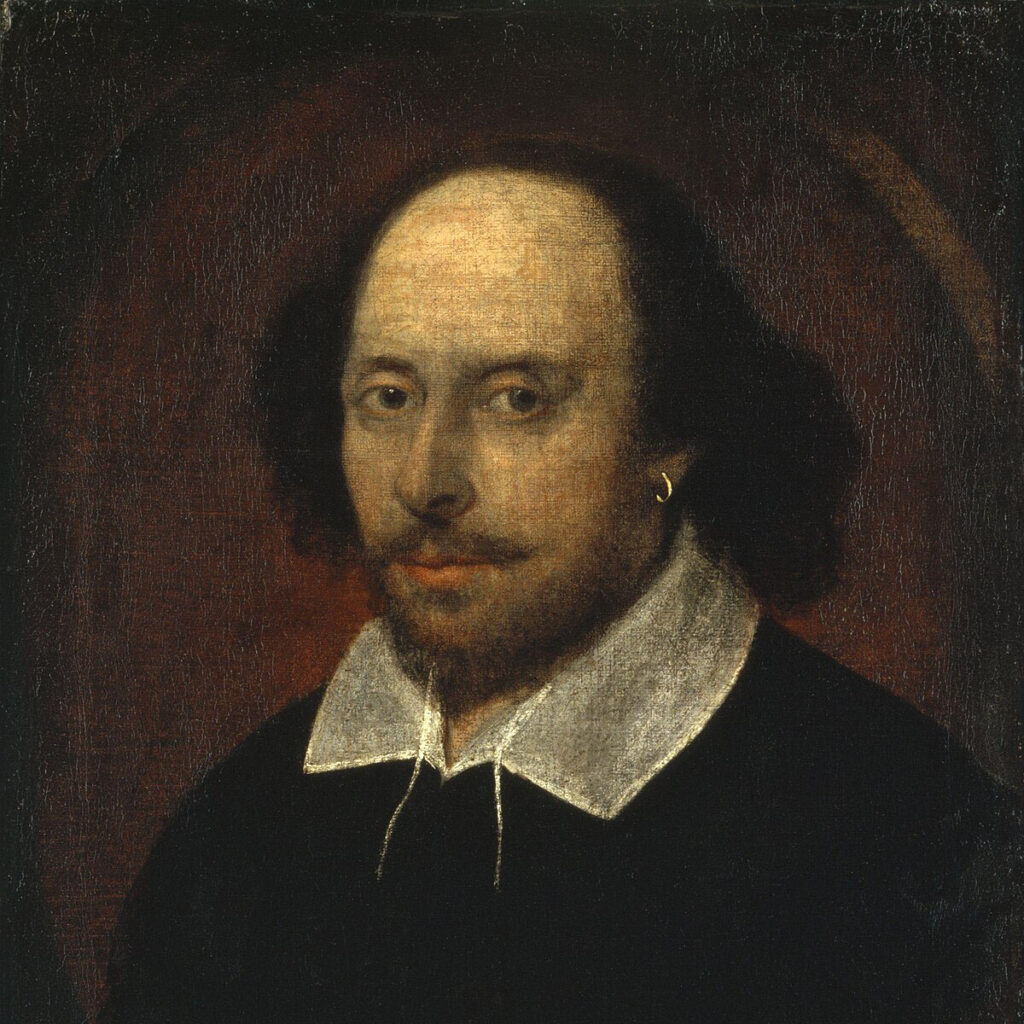Welcome to Your Daily Shakespeare

Hire Shakespeare to work for you!
To discover how easy, simple, amusing yet serious it is to do so, please watch this VIDEO PRESENTATION on the only Shakespearean situational dictionary ever compiled:
Your Daily Shakespeare—an Arsenal of Verbal Weapons to Drive Your Friends into Action and Your Enemies into Despair
The VIDEO PRESENTATION also covers, “Shakespeare in Pictures,” that is, how to memorize the most powerful and killer Shakespearean quotes, while having fun in doing so.
Your Daily Shakespeare homepage, featuring…
– Introduction to Your Daily Shakespeare
– Video presentation
– About the author
– Blog
– History of “Your Daily Shakespeare”
– Historical Videos
– Il Nostro Dante Quotidiano (in Italian)
…and much more!
Try out the Mnemonic Frames System (as discussed in Shakespeare in Pictures)
Order your own copy of Your Daily Shakespeare (CLICK HERE)
Order your own copy of Your Daily Shakespeare!
More than 10,000 situations correlated to one or more Shakespeare line(s) – ensuring that you will be a winner in any verbal context.




